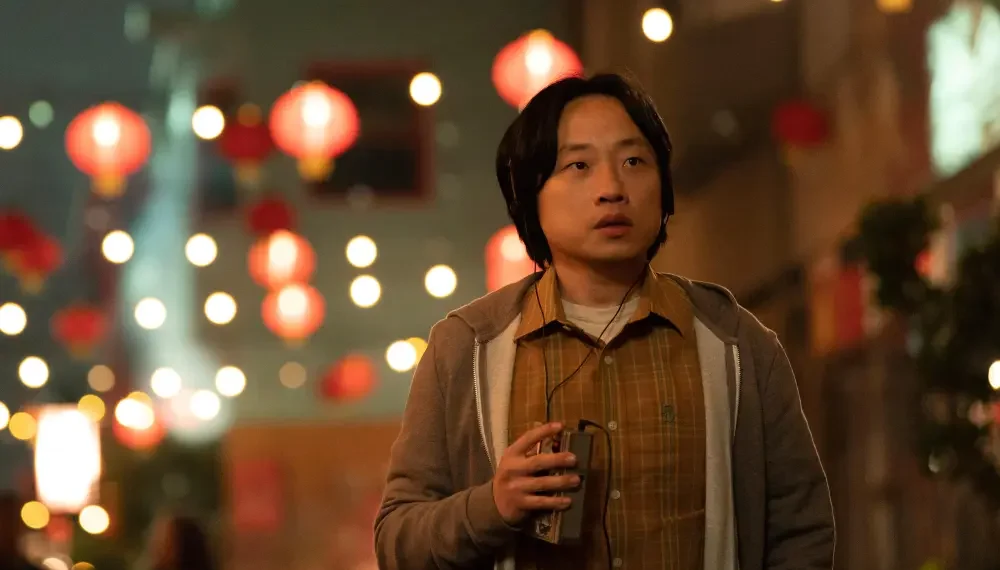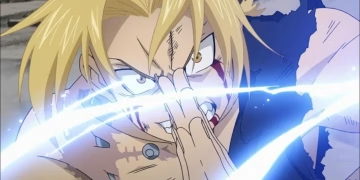Fans of Hulu’s latest original series, Interior Chinatown, will be familiar with its intense and complex themes. The show, based on Charles Yu’s bestselling 2020 novel, aired its full first season on November 19, 2024. Like the novel, the series offers a thorough exploration of the Asian American experience, set within a high-energy police procedural. The series has captured the attention of viewers with its brilliant cast, including Jimmy O. Yang, Chloe Bennet, and Ronny Chieng, among others. Now that the season has concluded, audiences have been left with numerous questions about the plot, characters, and overarching themes.
This piece will provide a detailed analysis of the show’s ending, offering a thorough breakdown and explanation of the key developments in the plot. Along the way, we’ll discuss some significant differences from the book’s conclusion, which may influence the direction of the show moving forward. The adaptation of Interior Chinatown into a visual medium results in a unique experience, as some of the novel’s stylistic choices do not translate seamlessly into television. With that in mind, let’s go into the complex and thrilling conclusion of Interior Chinatown.
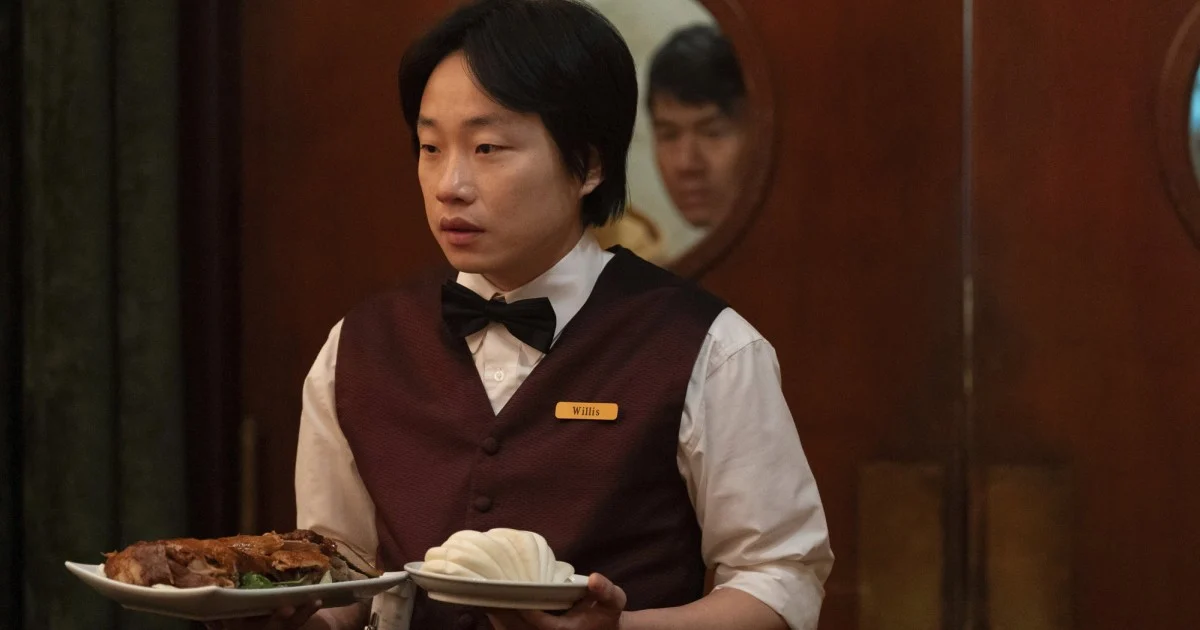
Interior Chinatown Ending Explained
The series begins with Willis Wu, played by Jimmy O. Yang, an ordinary waiter in Chinatown who feels trapped in a repetitive life as a “generic Chinese guy.” He dreams of becoming something greater, like a kung fu master, imagining himself as the hero of a larger story. His life changes when he witnesses a young woman’s kidnapping and murder, leading him to join Detective Lana Lee in a complex investigation.
Willis’ involvement is driven by a personal motive. His missing brother, Johnny, has been a mystery for years, and Willis hopes to access the police’s cold case files to uncover more. As the investigation unfolds, Willis uncovers a pattern of mysterious deaths and a hidden criminal underworld in Chinatown.
Willis and His Changing Roles
One of the most interesting elements of Interior Chinatown is the novel’s unique screenplay-like structure, where the characters, including Willis, portray roles within a fictional film. The series doesn’t adhere strictly to this format but still plays with the idea of life as a movie, with characters shifting between roles. Willis begins the story as a lowly “invisible waiter” but soon transitions into different roles, including “Asian Delivery Guy,” “Tech Guy,” and ultimately “Detective.” This evolution allows the series to explore the systemic limitations that Asian Americans face in various industries, particularly in the entertainment and professional spheres.
Throughout this transformation, Willis steps into these roles and begins to see the way he is perceived in society. When he dons the “Tech Guy” persona, he gains the ability to hack computers, satirizing the stereotype of Asians as tech-savvy individuals. Later, as a detective,” Willis becomes famous and wealthy, receiving brand endorsements, all of which are superficial aspects of fame that contrast with the darker elements of his journey. By using his new hacking skills, Willis gains access to police files, revealing startling truths about his brother Johnny’s involvement with the police before his disappearance.
The Mystery of Johnny Wu
Johnny Wu, Willis’ older brother, is a central mystery in Interior Chinatown. Initially known as “Kung Fu Guy,” Johnny’s backstory unfolds through twists and turns. He was an expert in Chinatown, working with detectives McDonough and Carrey to investigate a dangerous gang, the Painted Faces. However, when Johnny is framed as the gang’s leader, he falls out with his partners. In an incredible revelation, Willis learns that Johnny killed McDonough before disappearing, leaving behind a video indicating he was being controlled by mysterious forces.
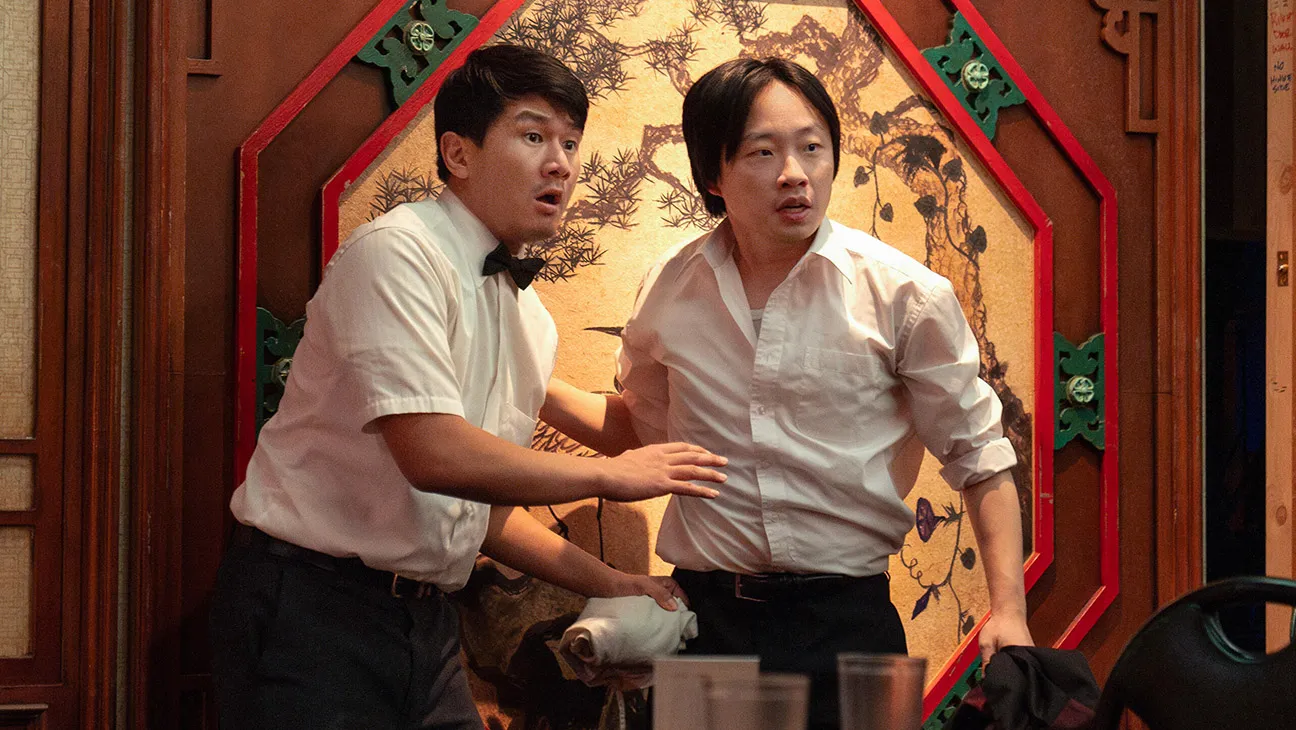
Detective Lana Lee, working with Willis, reveals she and Johnny were once romantically involved. Both realized something was wrong with their world and planned an escape. When Johnny vanished, Lana feared he was killed by the same forces trapping him. As Willis and Lana dig deeper, they uncover a major conspiracy Johnny had uncovered before his disappearance. They also find debris from his boat, suggesting he likely died trying to escape the harsh reality.
The Truth Behind Chinatown
In the final episodes of Interior Chinatown, a surprising conspiracy unfolds: the entire reality of Chinatown is a Truman Show-style television series called Black and White. Johnny, originally meant to be the antagonist, discovers the truth about their reality and escapes, altering the course of history.
Lana learns that the new plot would turn Willis into a villain, ultimately leading to his death at the hands of two white detectives. Meanwhile, Willis, caught in the trappings of fame and wealth, becomes detached from his family and friends. Realizing he is still trapped, Willis re-aligns with his values and makes amends.
The Final Leap
In the series finale, Willis and Lana realize that the only way to escape their constructed reality is to die. They leap from a rooftop, expecting death, but instead are transported through a wormhole, where they meet Johnny. The three embrace, and in a flash of light, Willis finds himself in an office, finishing a screenplay. Lana appears, and they share a moment of recognition before the camera reveals yet another screen, suggesting they are trapped in an endless cycle of fictional worlds.
The ending serves as a powerful allegory for systemic racism, with the characters realizing their reality is a controlled labyrinth. Willis breaks through the first layer by uncovering the truth, but escaping the oppressive system remains the true challenge. The series closes with an open-ended reflection on control, identity, and personal agency in an unequal world.
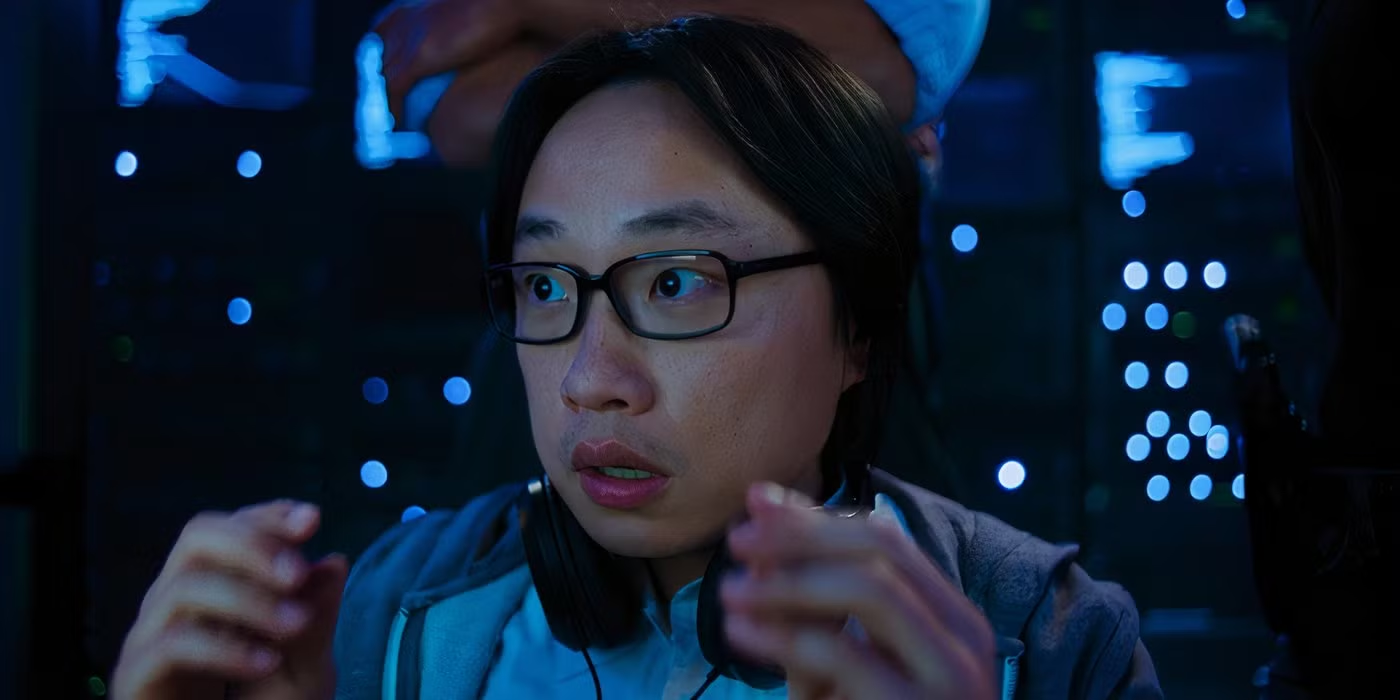
Will There Be a Second Season?
Charles Yu has effectively adapted his novel into a television series, making thoughtful changes to the story while preserving its core themes. The first season concludes on an open-ended note, leaving the narrative open to multiple possibilities. If the show doesn’t return for a second season, viewers can imagine that Willis, Lana, and Johnny will continue their resistance against the system, albeit from a new perspective.
Though there is no official announcement regarding a second season, the show’s reception and viewership numbers could influence Hulu’s decision to renew it. Regardless of whether or not Interior Chinatown returns, Charles Yu’s exploration of systemic racism and his deconstruction of contemporary society has solidified him as one of the most exciting voices in television today. Fans will eagerly await his next project, wherever it takes them.


